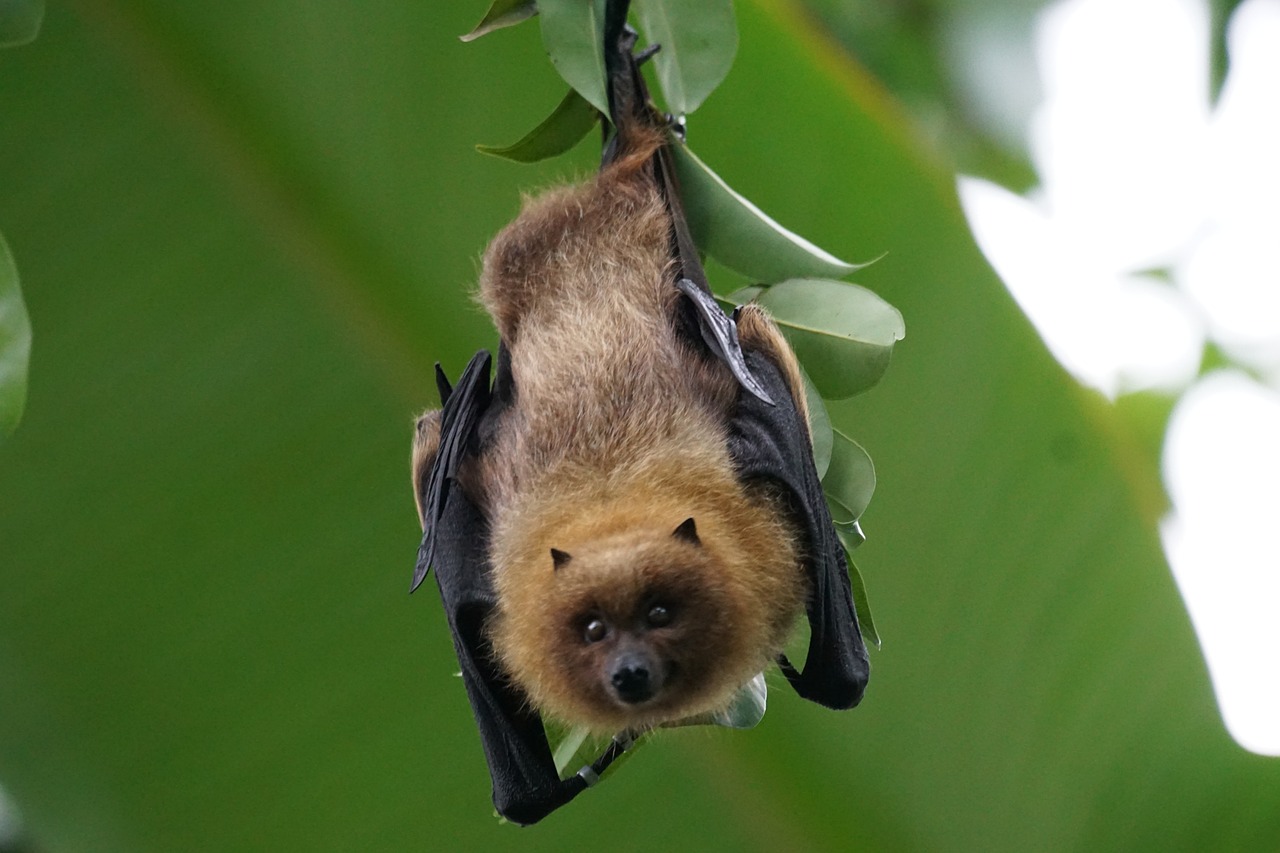Report by Shuchi Giridhar
Kerala is experiencing an outbreak of Nipah virus. The main affected area is Kozhikode.
What is the Nipah virus?
The Nipah virus infection (NiV) is a zoonotic disease caused by fruit bats. Direct contact with infected pigs, bats or people infected with the virus can cause it to spread. The virus is present in bat saliva, urine, feces and birthing fluids. Oftentimes, a person eats a fruit that has been bitten by a fruit bat and hence get infected with the virus. Symptoms of the virus can be seen after 3 to 14 days of exposure. A vaccine is being developed to fight this virus.
What are the symptoms of Nipah virus infection?
Symptoms of this infection are –
• Headache
• Fever
• Nausea
• Dizziness
What is going on in Kerala?
Recently there have been reports of Nipah virus in Kozhikode, Kerala. Till now, six cases have been reported with four active cases. Schools in Kerala have been closed as a precaution. Contact tracing is going on.
How are other states affected?
The possibility of an outbreak caused the neighbouring state of Karnataka to send out a warning and issue guidelines. They instructed the general public not to travel near the affected area of Kerala. The health department also instructed officials to maintain surveillance in the districts of Kodagu, Dakshina Kannada, Chamrajanagara, and Mysuru which share a border with Kerala.
They plan to set up checkposts for fever surveillance at entry points from Kerala to Karnataka.
What guidelines have been issued?
The guidelines that have been issued by Karnataka’s government are
1. To take voluntary and vigilant measures near the Kerala border.
2. To arrange a meeting between District Rapid Response Team regarding Nipah virus management.
3. To alert all government and private health situations in dakshina Kannada regarding Nipah virus cases and inform district unit immediately
4. To strengthen fever surveillance units in Primary Health Center and provide separate 10-bedded wards equipped with oxygen and other necessary medicines for Nipah virus management in district hospitals, taluk hospitals, and all medical college hospitals.
5. To make arrangements to send samples of suspected cases identified by the District Public Health Laboratories to the NIV Laboratory in Pune.
6. To establish an effective system for awareness and sensitizing medical professional like surgeons about the Nipah virus
How can you stay safe from the Nipah virus?
• Do not eat any fruits that are on the ground.
• Properly wash fruits before eating them.
• Avoid eating guavas, fresh figs and bananas.
• Stay away from bats and pigs in your area
• Drink a lot of water and maintain a healthy diet to build your immune system.

